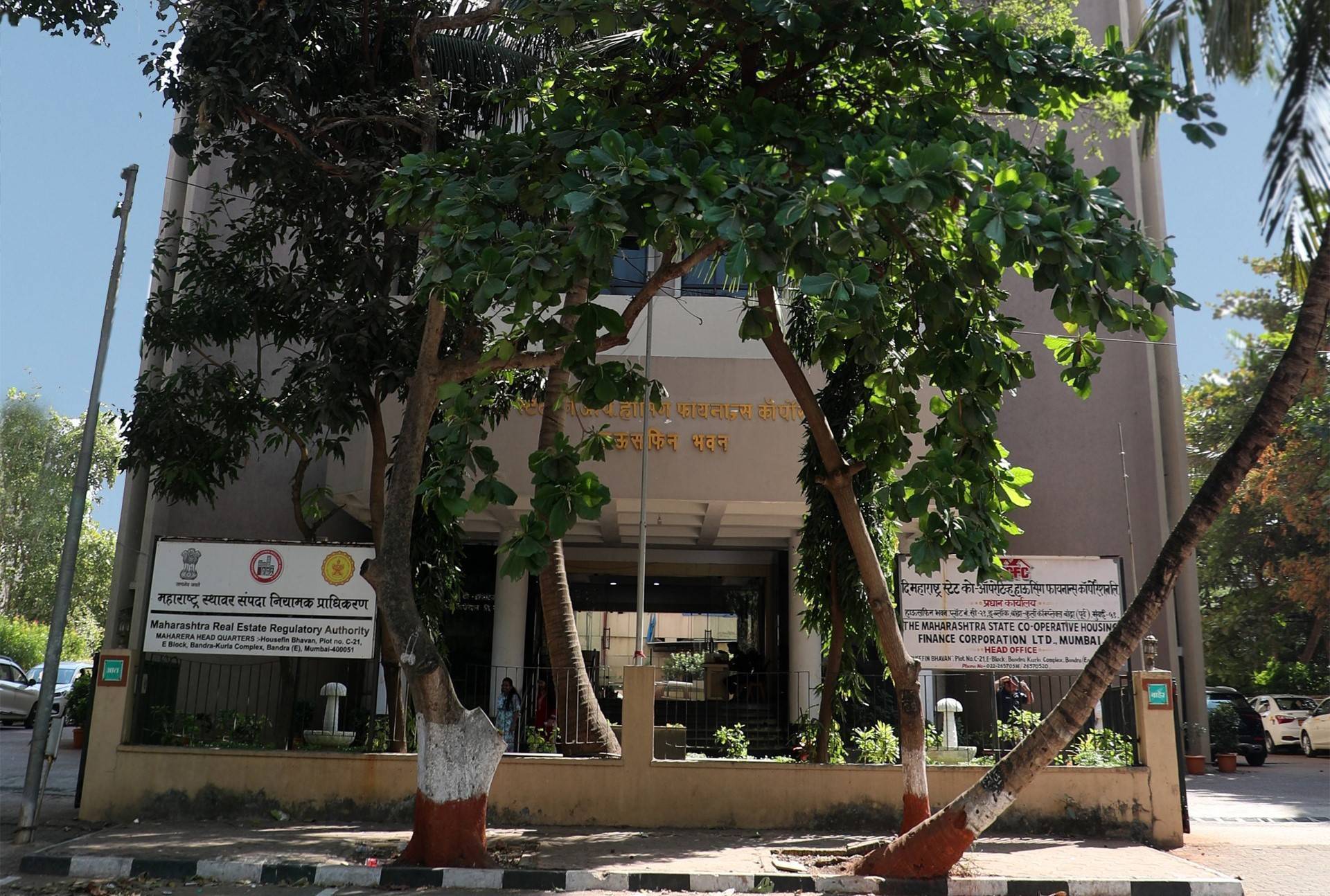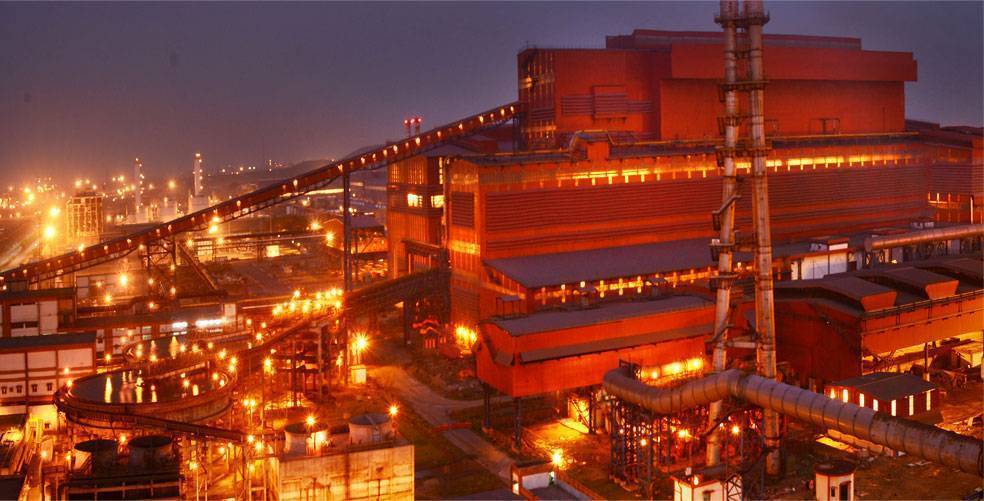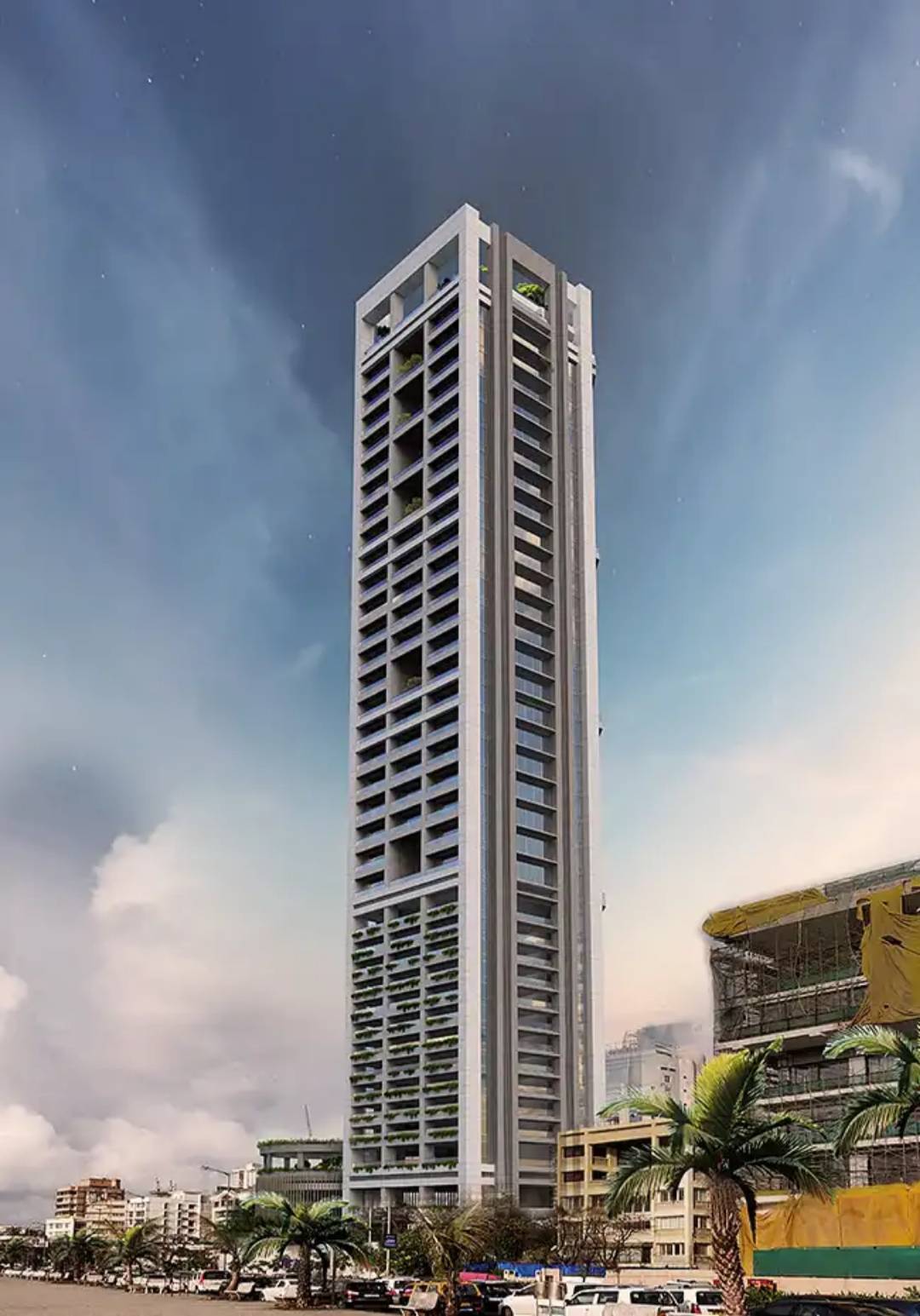The Maharashtra Real Estate Regulatory Authority (MahaRERA) delivered a significant ruling in favor of the Safalya Cooperative Housing Society located in Dadar East, Mumbai. The case involved the society’s complaint against M/s Shree Tirupati Builders and Developers, the project promoter, over several unresolved issues related to the project and the developer’s failure to meet statutory obligations after handing over possession.
This ruling is regarded as a landmark decision by MahaRERA because it clearly defines the continuing responsibilities of builders even after possession is granted. It underscores the developer’s obligations under key provisions of the Real Estate (Regulation and Development) Act, 2016, specifically Sections 11(4), 14, and 17.
Background of the Complaint
Safalya Cooperative Housing Society filed a complaint with MahaRERA raising multiple demands against the developer, M/s Shree Tirupati Builders and Developers. The key issues highlighted by the society included the need for execution of the deed of conveyance and lease in the society’s favor. The society also demanded the developer obtain the Completion Certificate (CC) from the competent authorities and hand over all statutory and project-related documents.
Additionally, the society sought proof of lease rent payments made to the Brihanmumbai Municipal Corporation (BMC), or, failing that, directions for the developer to pay the dues promptly. Members of the society also requested reimbursement of Rs 13,69,836 paid towards maintenance and other charges, which they alleged were improperly managed.
The society further called upon the developer to cover repairs under Section 14 of the RERA Act. These repairs included fixing the roof above the car lift, the terrace garden, and replacement or repair of the defective stack parking system. The society had also incurred Rs 2,98,181 in expenses related to completing the fire-fighting system and sought reimbursement for the same.
Other demands included installation of the building’s name board at the developer’s expense, completion of all pending work and amenities such as a society office, security cabins, piped gas connection, gymnasium, rainwater harvesting system, and engagement of a facility management company to oversee day-to-day operations.
Warranty and Structural Defects
The society requested an extension of the warranty period concerning structural and workmanship defects. They pointed to the developer’s repeated failure to meet statutory obligations within the original five-year warranty period, underscoring the need for greater protection against latent defects.
During the proceedings, MahaRERA noted some procedural deficiencies. Although the complaint was signed by an authorized signatory per the vakalatnama, the society did not submit a letter of authority validating the secretary’s or representative’s power to act on behalf of all members. Furthermore, the photographs submitted as evidence were unclear and did not adequately show the current condition of the premises.
The respondent developer missed all hearings and did not file any defense, despite multiple complaints and police reports registered between 2020 and 2022.
Legal Framework Applied by MahaRERA
In its order, MahaRERA referred extensively to Section 11(4) of the Real Estate (Regulation and Development) Act, 2016. This section outlines the promoter’s mandatory duties until the conveyance of the property and common areas. The use of the word “shall” in the Act makes these duties compulsory and non-negotiable.
Sections 14 and 17 were also referenced to reinforce the promoter’s liability. Section 14 deals with the promoter’s obligation to carry out repairs and maintenance during the warranty period. Section 17 mandates the promoter to hand over all relevant statutory documents and ensures the transfer of title in favor of the society or individual buyers.
MahaRERA’s Ruling
After reviewing the case facts, submissions by the complainants, and the applicable law, MahaRERA allowed the complaint in part. The developer was directed to immediately fulfill all obligations under Sections 11(4), 14, and 17. This includes:
- Execution of the deed of conveyance and lease in favor of the society.
- Obtaining the Completion Certificate from the relevant authority without delay.
- Handing over all statutory and project-related documents.
- Covering all repair costs incurred due to defects during the warranty period.
- Addressing pending amenities and services as promised.
- Providing transparency in financial matters, including proof of lease rent paid.
MahaRERA allowed the complainants to approach the adjudicating officer with a fresh application for compensation claims, if necessary.
The authority rejected all reliefs beyond the scope of Sections 11(4), 14, and 17 and did not pass any order regarding costs.
Significance of the Order
Advocate Anil D’Souza, representing the society and the Bar Association of MahaRERA, emphasized the importance of this ruling. He noted that the order is the first of its kind, explicitly holding the developer accountable for continuing obligations even after possession has been handed over to buyers or housing societies.
This order sends a strong message to developers about their duties to maintain structural integrity, provide full financial transparency, and ensure legal compliance with all statutory requirements during and after construction.
The ruling benefits housing societies and buyers across Maharashtra by clarifying that developers cannot evade responsibilities related to conveyance, repairs, and maintenance after possession. The statutory warranty period and provisions of the RERA Act serve as critical protections for property owners.
The MahaRERA order for the Safalya Cooperative Housing Society highlights the regulator’s role in enforcing real estate laws and protecting homebuyers’ interests. It demonstrates that developers must not only deliver projects on time but also meet ongoing statutory and contractual obligations.. This ruling marks a step forward in strengthening accountability in Maharashtra’s real estate sector and sets a precedent for future cases involving post-possession issues with developers.
Image source- maharera









.png)